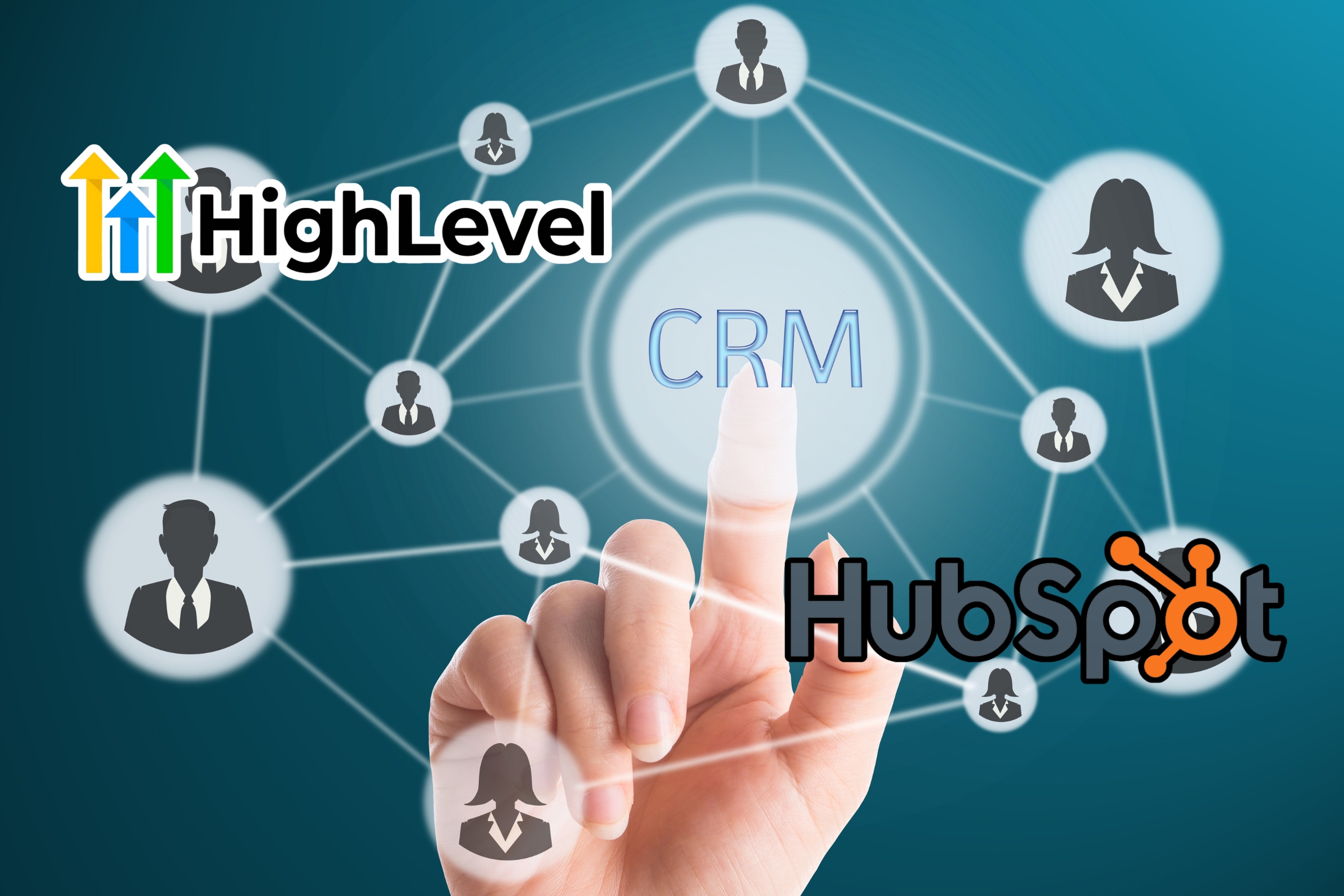Introduction
Agencies don’t just measure their success by how many clients they get; they also measure it by how many ties they keep up over time. Keeping customers and keeping their confidence over time are key to long-term growth, and both depend on trust. Trust can’t be taken a chance in today’s world of competition. It needs to be backed up by processes that make sure there is contact, dependability, and openness at all times during the client trip.
This is where CRMs, or customer relationship management tools, come in handy. A CRM does a lot more than just store contact information and keep track of sales. It gives companies a way to show they are skilled, give clients uniform experiences, and gain their trust when it is used correctly. This link is reflected in the term “CRM client trust agencies,” which demonstrates how technology improves trust, which is the most crucial component of any business relationship.
Why Trust Defines Agency Success
Trust is the unseen currency that keeps ties between agencies and clients going. A client might sign a contract after hearing an interesting pitch, but they’ll stay with the agency if it turns out to be trustworthy and open. Even the best efforts are useless if people don’t trust them.
Agencies win this trust by keeping their word, talking to people clearly, and keeping private data safe. As client needs change and digital choices get worse, it’s getting harder and harder to do this by hand. When people think they might miss texts, dates, or data that they are meant to keep safe, they lose faith quickly. If you use a strong CRM that makes sure there are ways to keep things together, you can lower these risks.
Reviews on sites like G2 and Capterra show that more and more companies think CRM software is an important part of keeping in touch with customers. CRMs help companies show that they are responsible and informed by setting up planned work. Clients can trust a company if it has these qualities.
The CRM as a Single Source of Truth
One important thing for clients to know about a CRM is that it can be a single source of truth. Information is often spread out in numerous files, texts, and apps that do not function well with one another. This split makes things take longer and makes mistakes more possible, which hurts dependability.
A CRM keeps all the information you need about a customer in one place. Everything is kept in one place, from the first talk to the most recent campaign report. Agencies can give clients up-to-date information safely when they ask for it, which makes people more likely to be honest. When things are this well put together, clients can be sure that their accounts are being worked on carefully and correctly.
Clients notice right away when agents only use this one method. They never have to deal with misunderstanding or delays because the reports and information they get are always clear and correct. This makes people trust you.
Transparency Through Reporting and Dashboards
People who spend money expect to be able to measure the results. Even if the efforts work, clients might not know how much they were worth if they don’t get clear results. This problem can be solved by CRMs, which give businesses ways to share real-time info with users.
When clients can see how their efforts are doing, how many leads were made, or how much money was made, they trust you more. No longer do we have to deal with confusing information or wait weeks for results. Being open and honest works right away and quickly builds trust.
When companies use CRMs that have data on what worked, their return business rates often go up by a lot. HubSpot Blog and other sites have shown that one of the best ways to keep clients is to be honest and open with them. Being this open can be made bigger with a CRM, so even small businesses can offer service at the company level.
Personalization and Stronger Relationships
Making things more personal is another way that CRMs help build trust. People want to be known for more than just their account. They want businesses to know what they need, want, and are having trouble with. A CRM lets you keep track of your contacts with clients, store specific information about them, and send them more relevant messages.
A CRM helps a company remember how a client would like to be updated or send a personalized follow-up after a campaign milestone. This shows that the company is paying attention. These little things show your clients that you know what they want and care about them. Over time, this mental link that trust is based on grows stronger.
If a company doesn’t have a CRM, it might be tough to remember these specifics, which could lead to general conversations that hurt relationships. Companies that use a CRM, on the other hand, can better serve a lot of people with personalized service, which builds trust over time.
Reliability and Automation
There’s more to trust than just talking to each other. There’s also being reliable. It’s important for clients to know that jobs will always be finished on time. This is something that CRMs help companies do by automating it.
The system automatically does things like sending notes, following up with leads, and changing processes. This lowers the chance of mistakes made by people and makes sure that no client contact gets missed. In order for companies to regularly deliver on time, clients notice. Automation is a big part of how this is possible.
Many reviews of Zapier talk about how important automation is for making agencies more efficient. When agencies use technology in their work processes, they can handle more work without lowering the quality, which makes clients trust them more.
Security and Data Protection
Since data hacks are common these days, clients are more worried than ever about how their data is being used. If clients think their info is at risk, they won’t trust you. This is taken care of by CRMs, which offer safe storage, access controls, and compliance with industry standards.
People who work for organizations that utilize secure CRM technologies indicate that they care about keeping data safe. Many people believe in this company, and this pledge demonstrates that they do. As G2 looks into, companies choose one CRM over another depending on how secure the systems are.
Agencies care most about safety because it keeps them secure and helps them develop trust with customers who want to keep their information private.
Consistency Across the Client Journey
People trust each other more and more as they live their lives. Every client should get the same level of care from the first pitch to any further help. A CRM can help you do this.
People who trust a business expect it to hire people quickly, get in touch with them often, and make reports that are easy to understand. Even when things are tough, people still trust businesses with a CRM because they can fix issues quickly and correctly.
CRM software is helpful because it lets you handle many clients and tasks at the same time. This turns faith from a thought into a real process that goes on all the time.

Conclusion
They believe in religion, and it’s what makes them work in the year 2025. People will trust you more if you can talk to them clearly and tell them the truth. The right CRM tool can help you do all of these things. CRMs are very important for building connections with clients because they provide a single source of truth, allow for unique experiences, and ensure safe data management.
This fact is encapsulated by the term “CRM client trust agencies,” which serves as a reminder that technology is merely a tool that facilitates human connection. Reviews on Capterra, G2, the HubSpot Blog, and Zapier keep showing that companies that use CRM systems not only save time and money, but they also build trust with clients, which keeps them coming back.
Buying a CRM is no longer a choice for companies that want to improve their image and form long-term relationships; it is a must.



